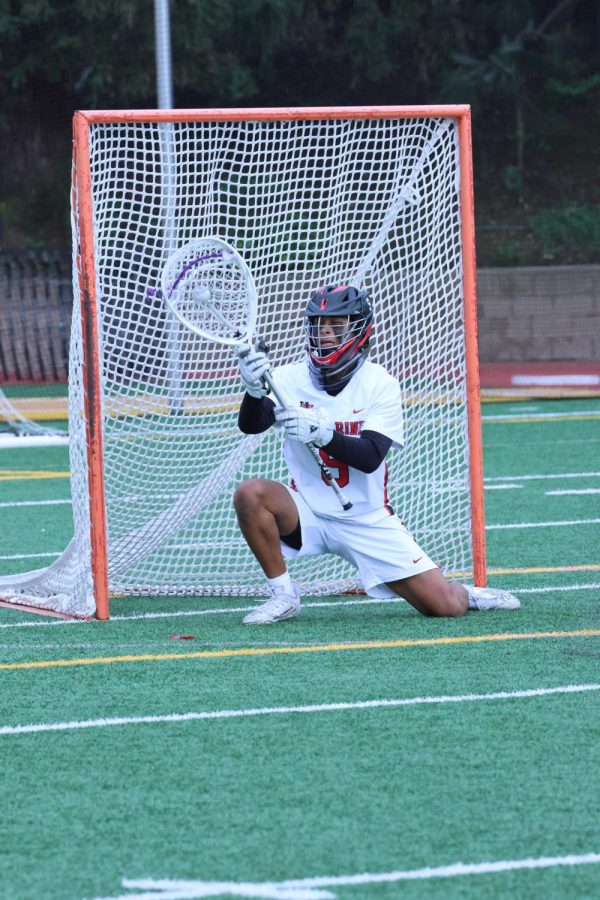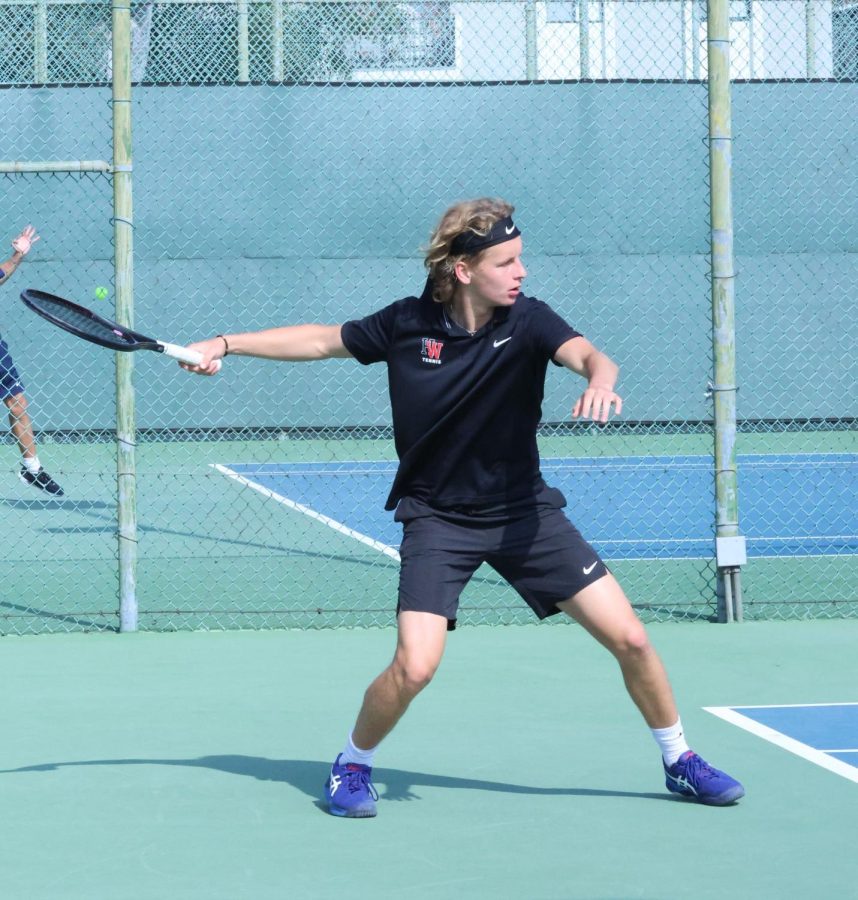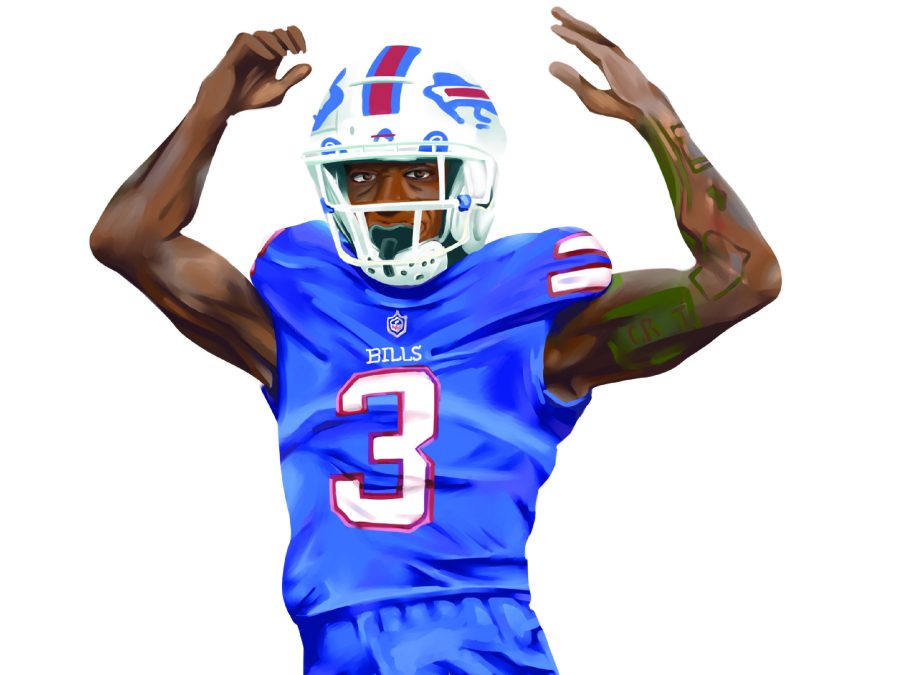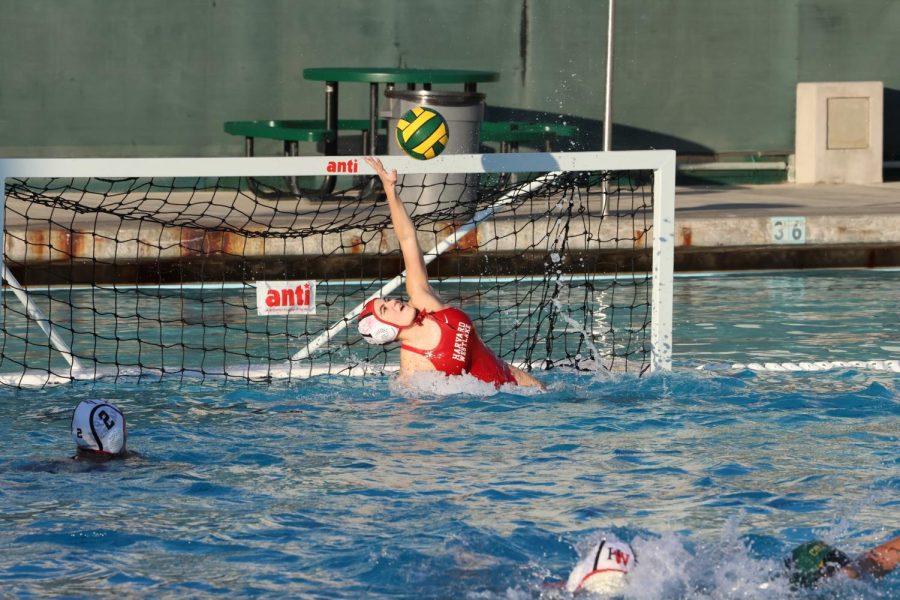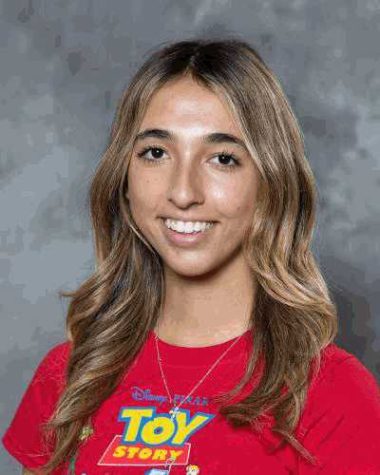As the spotlight continues to shine on issues of racism around the country, sports are no exception . Racism in athletics is a major problem, deeply affecting athletes and attracting strong opinions from fans, according to NCAA Mind, Body and Sports: Harassment and Discrimination.
Across the country, students of color frequently experience the opposite of what sports are meant to be: an equalizing force that creates camaraderie, builds community and rewards good performance. Instead, many Black student athletes face prejudice and unfair treatment.
In a poll of 144 students, 71 percent said they have heard about racism on a school sports team. 10 percent said they have witnessed or experienced racism on the field or court first hand.
Wide receiver Jason Thompson ’22 said he feels the racial splits on the football team mirror that of the larger school community, as the squad had nine Black students out of 54 total athletes last year.
“We go to a school where Black students are the minority, and I think it’s reflected in our team,” Thompson said.
In the same poll, 73 percent of students said they do not think the athletics administration has done enough to combat issues stemming from racism in sports.
Although the potential for racism is there, Black varsity lacrosse player and Salisbury University commit Simba Makawa ’21 said he feels a sense of inclusion and brotherhood with his white teammates.
“My experience as a Black athlete hasn’t been extremely different than a white student athlete’s because teammates don’t look at skin color,” Makawa said. “They look at the effort and the things you do on the field. Race is never the issue when it’s with your boys.”
Black volleyball player Josephine Amakye ’21 also said she has had a positive experience in the school’s athletic programs.
“ I feel like sports are the one place where nothing else matters,” Amakye said. “I feel like everyone involved understands that sports and having something to play for is bigger than our differences.”
That feeling of team camaraderie is one of the aspects of athletics many students appreciate and enjoy, Makawa said. This is not to say color-blindness exists in the world of sports. Makawa said he knows he sticks out, though not in a completely negative way.
“Being Black in a mostly white sport, I kind of stand out a little,” Makawa said. “It’s nothing bad, it’s just how it is, but with [college] coaches, I sometimes get noticed over other people because they want to build more diverse programs. So when they see an African American with the skillset I have, I kind of stick out.”
Over the last few years, colleges have been working to build more diverse sports teams. According to the New York Times, in 2019, the President of Amherst College, Biddy Martin, said that “the institution would embark on a mission to prove that its sports rosters could be reshaped to include underrepresented ethnic and socioeconomic groups.”
Makawa said these kinds of decisions could help Black students like him.
“I know I stand out because of my ability, my name and my skin color, but at the end of the day, sports are sports, and if I wasn’t good, I wouldn’t get noticed at all,” Makawa said. “It’s just like a hook, essentially. To make a comparison, it’s kind of similar to kids applying to a college where one kid might be a legacy, so they stick out more.”
Track and field runner Zen Marah ’21 recently joined the school’s athletic program and said she noticed zero judgement toward her because of the color of her skin.
“From my experience, everyone made sure we all were included, and during that time, we looked out for each other,” Marah said. “I personally have not had any bad experiences.”
Racism is still prevalent toward Black athletes and is an ongoing issue being dealt with at all athletic levels.
Athletes like Paul George, Dwyane Wade and others started using their platform to share information on violent treatment and unequal opportunities against the Black community. George, a Los Angeles Clippers small forward, devoted a press conference to call attention to the murder of Breonna Taylor. Wade, a former NBA player, called for justice against Taylor’s killers by wearing a shirt displaying the Kentucky Attorney General’s number during an interview on NBA on TNT. In the NBA, many players are currently wearing jerseys with messages like “Black Lives Matter” and “How Many More.”
Although many athletes on campus feel accepted by the sports community, Black athletes around the world still struggle because of racism. That is not to say that it is a nonissue for the school; 10% of students polled said they have seen or been a victim of racism on sports teams.The Black Lives Matter Movement has created awareness worldwide, but many issues of racism in sports are yet to be addressed.
Still, Makawa said his experiences with race in the sports community have been positive and that his teammates and mentors have supported him.
“All of my coaches have been super, extremely intolerant of [racism],” Makawa said. “The culture has changed for the better through the students at HW, where nobody tolerates that.”




































